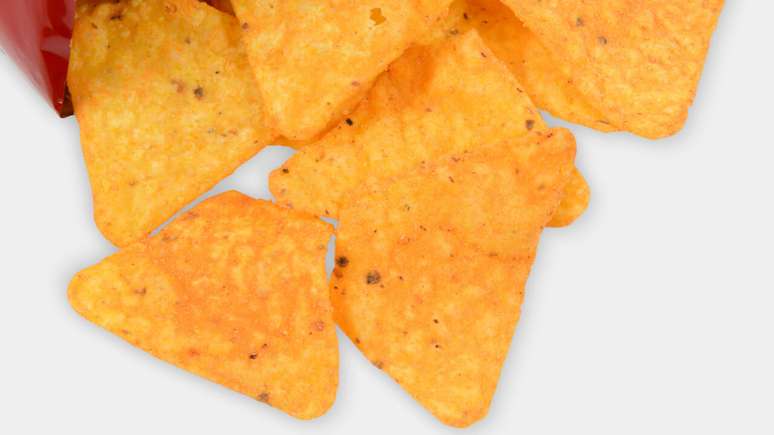These are foods that should be consumed in moderation
All you have to do is walk through a supermarket, a retail store or any commercial establishment to see a product inside a freezer or refrigerator to call it industrialized, right? It turns out that not everyone in this condition is the same, which raises the question: What is the difference between industrialized and ultra-processed food?
Find out what makes industrialized food different from ultra-processed food
“Industrialized and ultra-processed food are terms that refer to different categories of food products. The difference concerns the degree of processing and the composition of the ingredients. All ultra-processed food is industrialized, but not all industrialized food is ultra-processed. tried”, he assured in an exclusive interview with Sport Life a nutritionist Dr. Marcella Garcez.
Therefore, processed foods are any food that goes through a process where some level of processing occurs to transform the raw material into a product.
“It may involve techniques such as milling, fermentation, cooking, pasteurization, among others. It generally contains a combination of natural ingredients and may include preservatives, colors and flavors, but the level of processing is variable,” explained the professional.
Ultra-processed foods undergo multiple industrial processes, which means they often contain additives and ingredients that don’t usually appear in homemade preparations. This results in products with low nutritional content and high energy density.
“Among the main additives there are colours, stabilizers, flavours, artificial sweeteners, flavor enhancers, as well as significant quantities of sugars, fats and sodium. However, the classification of a food as ultra-processed does not automatically imply something harmful to the health Balance and moderation in your diet are key to a healthy diet,” Garcez said.
What are your tips on processed foods for exercisers?
Remember that the “first step” to adapting to a balanced diet is choosing options that provide the nutrients needed to support energy, recovery and athletic performance.
“Protein bars with reduced sugar content or without sugar and with more natural ingredients, protein yogurts, frozen ready meals with whole and balanced ingredients, drinks, whole grains, dried fruit, seeds and oilseeds are ultra-processed foods that can be consumed by those who practice physical activity. Not to mention food supplements such as protein powder and amino acids, useful for satisfying individual needs”, he suggested.
What are the “least bad” ultra-processed foods?
«They are the ones with the least amount of additives and preservatives. Such as soups, sauces, dressings, granola bars and seeds, legume-based foods such as soy, peas and chickpeas, breakfast cereals with no added sugar, yogurt with probiotics and ready-to-eat meals with minimally processed ingredients. Please remember that quality may vary depending on brand and individual products. Reading labels carefully, choosing options with fewer additives and looking for alternatives that are closer to natural, whole foods are important practices,” concluded Dr. Marcella Garcez.
Source: Terra
Ben Stock is a lifestyle journalist and author at Gossipify. He writes about topics such as health, wellness, travel, food and home decor. He provides practical advice and inspiration to improve well-being, keeps readers up to date with latest lifestyle news and trends, known for his engaging writing style, in-depth analysis and unique perspectives.









